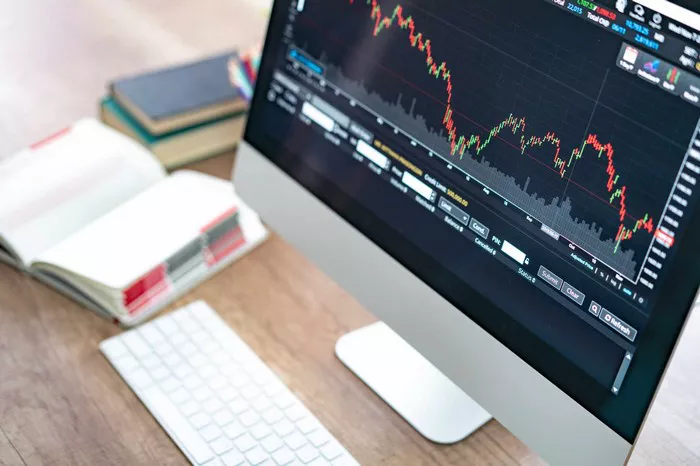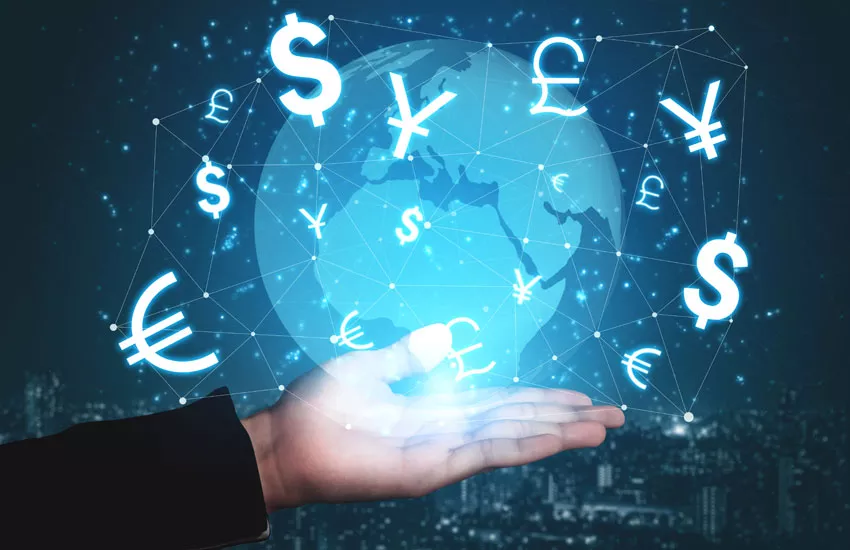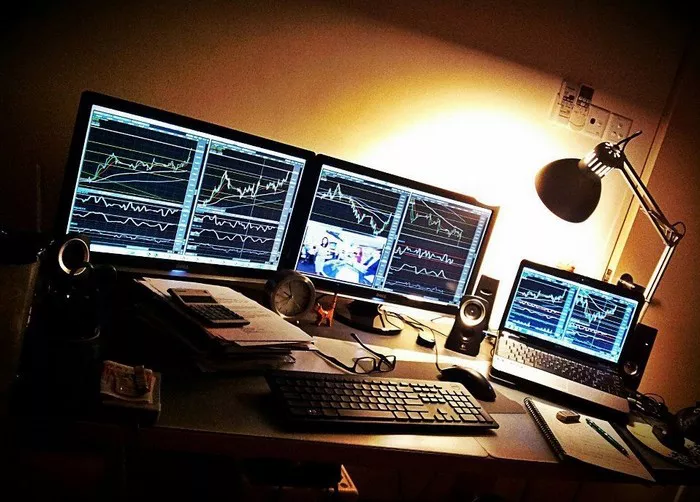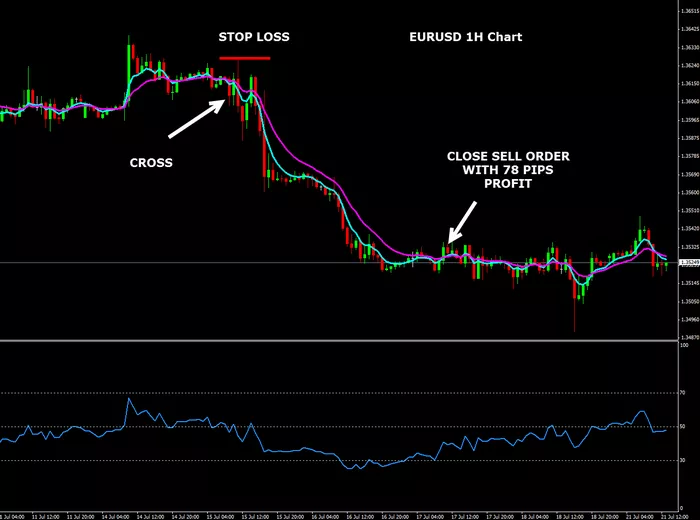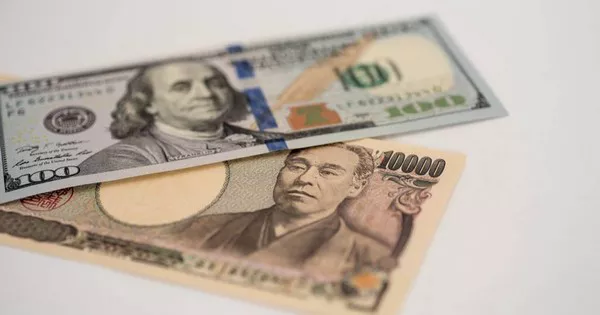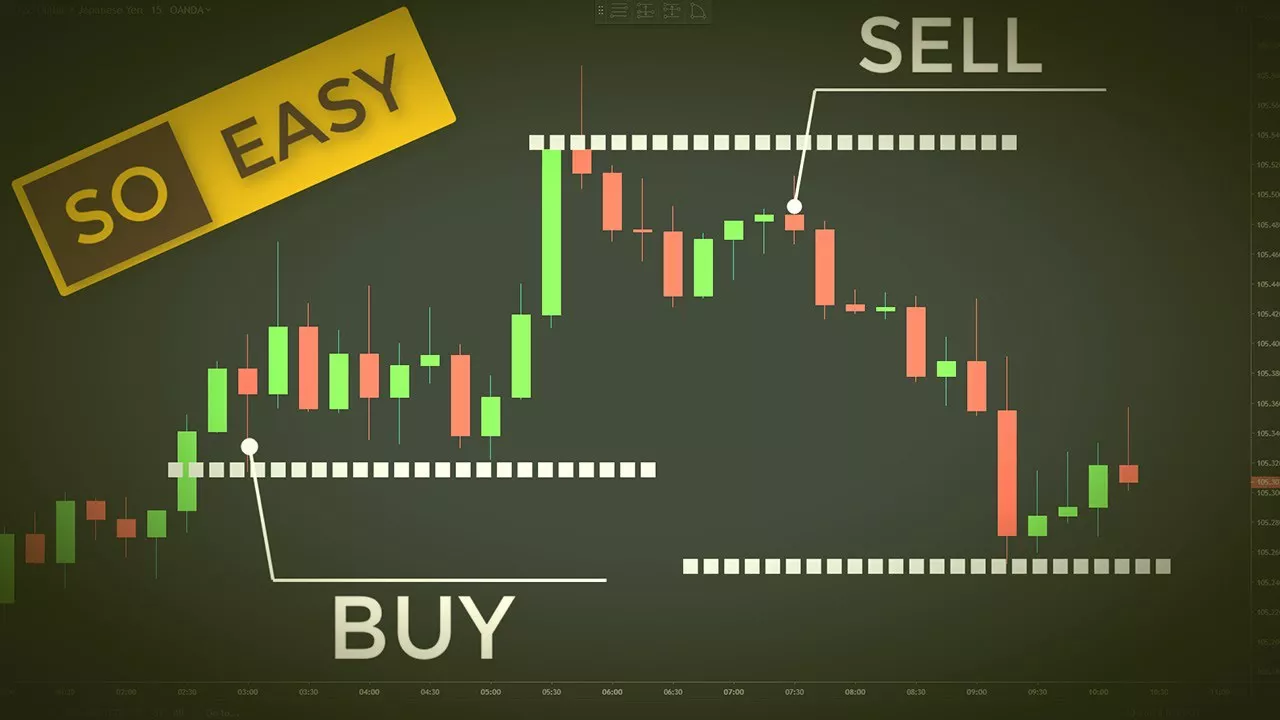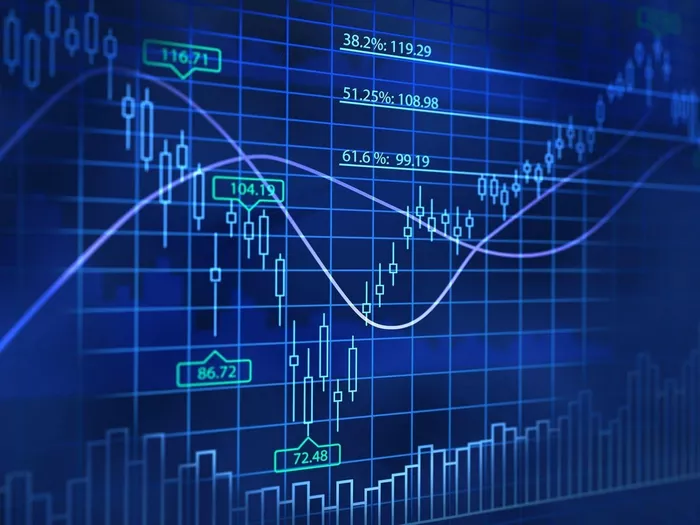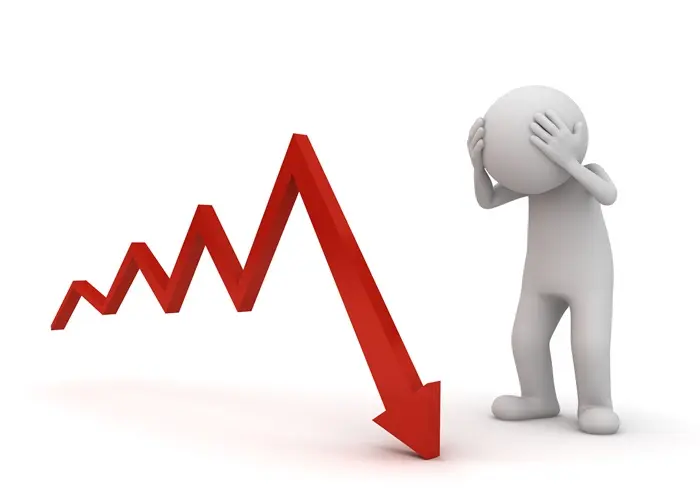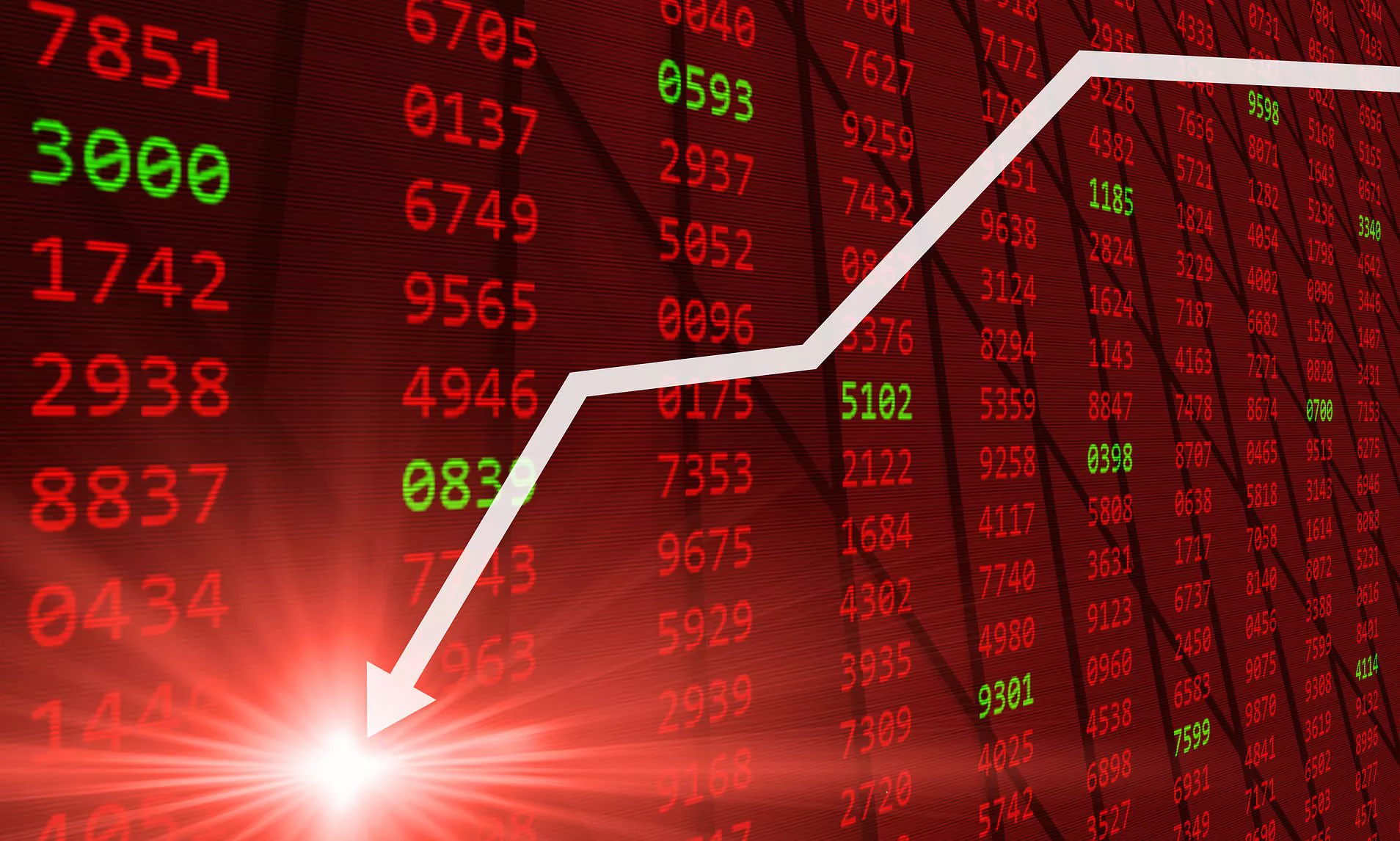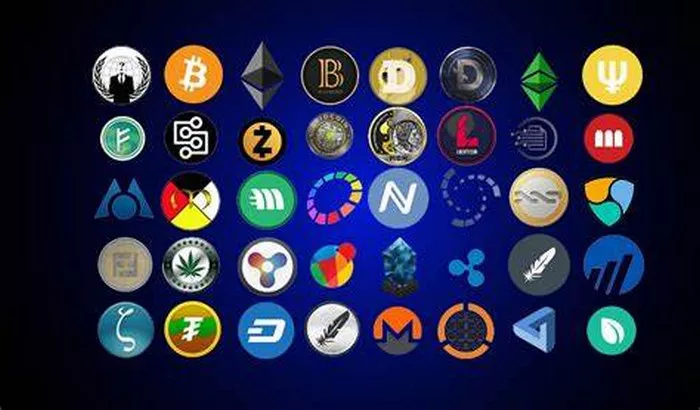Foreign exchange (Forex or FX) markets are integral to global finance. They facilitate the conversion of currencies worldwide, enabling international trade, travel, and investment. As one of the most traded currencies globally, the U.S. Dollar (USD) holds a significant position in these markets. Understanding the best exchange rate for USD is crucial for individuals, businesses, and investors alike. This article will break down the concept of exchange rates, the factors affecting the USD’s value, and how to determine the best rate for your needs.
Understanding Exchange Rates
An exchange rate is the value of one currency relative to another. It dictates how much of one currency is needed to purchase a unit of another currency. For example, if the exchange rate for USD to EUR is 1 USD = 0.85 EUR, it means that for every U.S. dollar, you will receive 0.85 Euros.
Types of Exchange Rates
There are two primary types of exchange rates:
Fixed Exchange Rate: A fixed or pegged exchange rate is set by the government or central bank. It remains stable within a narrow range and does not fluctuate with market conditions. Countries with smaller, less stable economies often use this system to provide currency stability.
Floating Exchange Rate: A floating exchange rate is determined by the market forces of supply and demand. It fluctuates based on various factors like interest rates, inflation, and geopolitical events.
For the USD, its exchange rate generally follows a floating system, though central banks may intervene to stabilize extreme fluctuations.
Why Is the USD Important?
The U.S. Dollar is widely recognized as the world’s reserve currency. Over 60% of the world’s central banks hold their reserves in USD, and it is used for international trade and finance. This means that the USD is not only vital to the U.S. economy but also has an outsized impact on global markets. When determining the best exchange rate for USD, it is essential to consider both the domestic U.S. economic factors and global conditions.
Factors Affecting the USD Exchange Rate
The exchange rate for USD can fluctuate due to a multitude of factors. Below are the primary drivers that influence the value of the USD in the foreign exchange markets.
1. Interest Rates
Central banks, such as the U.S. Federal Reserve (Fed), set interest rates that directly influence the USD’s exchange rate. A higher interest rate generally attracts foreign capital, increasing demand for the currency and driving up its value. Conversely, lower interest rates tend to reduce demand and can depreciate the currency.
2. Inflation
Inflation refers to the rate at which the general level of prices for goods and services rises. A country with lower inflation will often see its currency appreciate against those with higher inflation. The U.S. Federal Reserve monitors inflation carefully, as it has a significant impact on the USD’s purchasing power and global standing.
3. Economic Growth and Stability
A robust and growing economy typically leads to a stronger currency. The U.S. has historically been a major global economic player, and periods of strong growth and economic stability support a stronger USD. Conversely, economic downturns or instability, such as recessions or political uncertainty, can weaken the currency.
4. Geopolitical Events
Global political and economic events, such as elections, conflicts, and trade agreements, can significantly affect the value of the USD. For instance, trade tensions with major partners like China or political instability in key regions can prompt investors to seek safety in USD-denominated assets, strengthening the dollar.
5. Supply and Demand
The fundamental principles of supply and demand also play a major role in the USD exchange rate. If demand for the U.S. Dollar increases (due to factors like global trade or investor interest), its value will rise. Conversely, a reduction in demand, such as during a financial crisis or major economic downturn, can lead to depreciation.
6. Government Debt
A country’s level of national debt influences its currency’s exchange rate. Countries with high debt levels may face inflationary pressures, leading to a weaker currency. Conversely, if the U.S. manages its debt and maintains confidence in its economic policies, the USD can remain strong.
How to Find the Best Exchange Rate for USD
Finding the best exchange rate for USD depends on your needs, such as whether you are a traveler, investor, or a business dealing with international transactions. Here are some strategies for getting the best rate for USD:
1. Check Currency Conversion Platforms
There are several online tools and currency conversion websites where you can compare exchange rates for USD against different currencies. Platforms such as XE.com, OANDA, or Google’s currency converter provide up-to-date exchange rates and historical trends. These tools often display both interbank rates (the rates banks offer each other) and the rates offered to consumers.
2. Monitor Central Bank Policies
Interest rate decisions and inflation reports from central banks, such as the U.S. Federal Reserve, can offer insight into future trends for the USD. When interest rates rise, it’s usually an indicator of potential appreciation in the dollar. Conversely, when rates fall or inflation rises, the USD could weaken.
3. Watch for Global Market Trends
Keep an eye on global financial news, as major economic and political events can cause sharp fluctuations in the value of the USD. For instance, news about trade deals, elections, or international conflicts can lead to increased volatility in the exchange rate. Being informed about these events will allow you to react and take advantage of favorable rates when they occur.
4. Consider the Spread
When exchanging USD, especially in physical forms or at currency exchange kiosks, you’ll encounter a spread between the buying and selling rates. The spread is the difference between the rate at which the currency is bought and the rate at which it is sold. Always compare the buying and selling prices to ensure you are getting the best deal. Typically, banks or kiosks will offer a less favorable rate to cover their costs.
5. Use Forex Brokers for Large Transactions
For larger transactions or investments in foreign currencies, working with a forex broker might be the best option. Brokers can offer competitive rates, and some might even provide access to futures contracts or other financial instruments that protect against unfavorable exchange rate movements.
How Exchange Rates Affect Different Groups
Understanding the best exchange rate for USD can have varying implications for different individuals and entities. Here’s how exchange rate fluctuations can affect key groups:
1. Travelers
For those traveling abroad, securing a favorable exchange rate is essential to maximize the value of your spending money. Using local banks or ATMs rather than currency exchange booths at airports can often yield better rates. Additionally, timing your exchanges when the USD is strong can help save on expenses.
2. Investors
For investors in international markets, the USD’s exchange rate can impact returns. When the USD strengthens, foreign assets denominated in other currencies will be worth less when converted back into dollars. Conversely, when the USD weakens, investors may benefit from stronger returns in foreign markets.
3. Businesses
Companies involved in international trade must consider exchange rates when dealing with foreign suppliers and customers. Fluctuations can affect the costs of importing goods, exporting products, and repatriating profits. Businesses often use hedging strategies, such as forward contracts, to protect themselves from volatile currency movements.
4. Consumers
For U.S. consumers purchasing imported goods or traveling abroad, a weaker USD can increase prices for foreign products. In contrast, a stronger USD can make international products and travel more affordable.
Conclusion
Determining the best exchange rate for USD requires a thorough understanding of global economic factors, market trends, and individual needs. While the USD plays a critical role in international finance, its value is subject to constant fluctuations influenced by interest rates, inflation, government policies, and geopolitical events.
For those looking to make the most out of currency conversions, it is important to stay informed and use the tools available to track exchange rates. Whether you are a business, investor, traveler, or consumer, understanding how exchange rates impact your financial decisions will help you navigate the complexities of the foreign exchange market effectively. By following the strategies outlined in this article, you can ensure that you are getting the best value for your USD, whether you are exchanging currency for personal or professional purposes.
Related topics:

